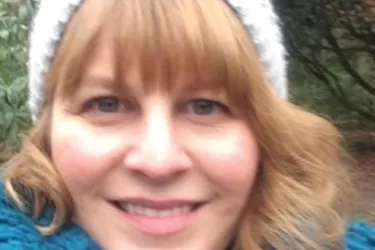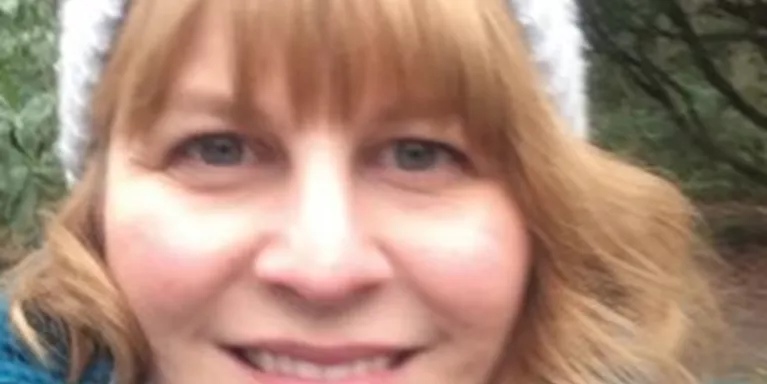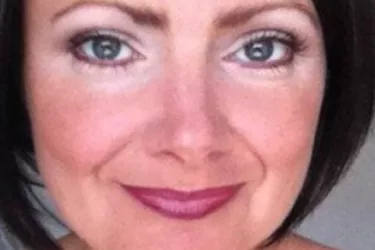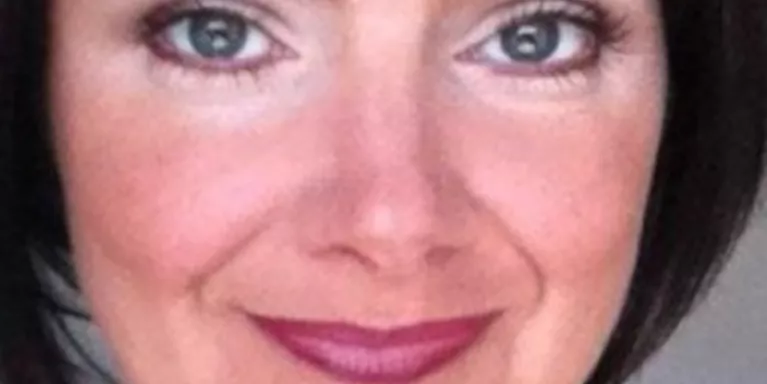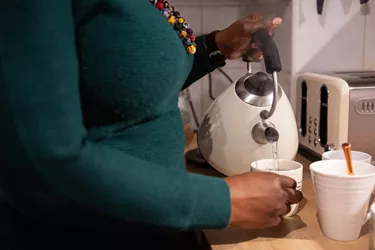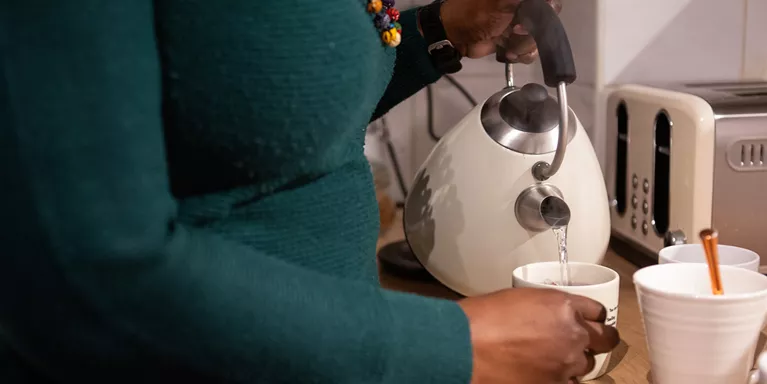The baby I was holding didn't feel like mine
On International Womens Day Charlie blogs about having postnatal depression and how seeking help was the best thing she has ever done.
When I was in reception at school we were asked to draw what we wanted to be when we grew up. I drew a darling picture of me pushing a pram with a baby in it. It’s all I’ve ever wanted to do in life, be a mum. When I found out I was pregnant I was in disbelief. Even though it was a planned and wanted pregnancy I was in complete denial, and this continued all the way up to giving birth. I had a traumatic birth, during which I thought my baby and I were going to die. When I finally got to hold my son I knew something was horribly wrong. I felt numb, and not just because I had an epidural in situ, but because this baby I was holding didn’t feel like it was mine or connected to me in any way.
We eventually got sent home from hospital after pretending to all my family and hospital staff that I was the happiest I’d ever been in my life. I don’t really remember much from the first few weeks, other than wanting to completely isolate myself from everyone and having disturbing intrusive thoughts about harming my baby. Again, I just ignored all of this and pretended to everyone that I was absolutely fine and living my best life.
Crying for no reason
Covid then hit, and my partner was furloughed. After being home with us for a week or so he could tell that something was really wrong with me. I’d be crying for no reason, or making excuses to not interact with my son. He booked me an appointment with my GP, even though I didn’t want him to. I was absolutely fine, why would I need to see my GP? Before I even got to the appointment, I started having intrusive thoughts and urges to kill my baby, and to stop that from happening I wanted to kill myself. After a lot of crying, phone calls, and nervous poos I ended up in A&E, at midnight, in the peak of lockdown, with two professionals deciding if I should be admitted to a mother and baby unit or be managed by the crisis team.
The next morning I had a consultant from the crisis team sitting on my sofa telling me I was suffering with postnatal depression, anxiety, obsessive-compulsive disorder and post-traumatic stress disorder. She also told me that I was not alone and that I would get better.
The crisis team visited me at home if I felt I needed a home visit, making sure I was eating and getting my daily exercise.
The crisis team were there for me 24 hours a day. They visited me at home if I felt I needed a home visit, making sure I was eating and getting my daily exercise. They were so reassuring with all the disturbing thoughts I was having, telling me that I wasn’t going to act upon them, it was just part of my OCD. They introduced me to mindfulness and the power of meditation. Learning to be aware of my surroundings and accepting what I can and can’t change helped me hugely.
Coming out the other side
After about two weeks I started to come out the other side of my crisis, they weaned me off of their care slowly. I went from daily home visits to daily phone calls, to phone calls every other day, to eventually being handed over to the perinatal mental health team.
It took me about 10 months to learn that I have always loved my son and he has always loved me.
It took me about 10 months to learn that I have always loved my son and he has always loved me. It was my mind making me believe that I didn’t. I still struggle with the intrusive thoughts, anxiety and depression, except now I can recognise them and I know how to deal with them.
Admitting out loud that I had a problem was the hardest and best thing I have ever done.
As I watch my son grow and flourish, I can say that I am so filled with love and admiration for him. It’s not been easy, and it’s taken a lot of hard work to get here, but to anyone reading this, please believe me when I say that you aren’t alone and you will get better.
Charlie's Instagram is: @charliehunt3


Information and support
When you’re living with a mental health problem, or supporting someone who is, having access to the right information - about a condition, treatment options, or practical issues - is vital. Visit our information pages to find out more.
Share your story with others
Blogs and stories can show that people with mental health problems are cared about, understood and listened to. We can use it to challenge the status quo and change attitudes.










